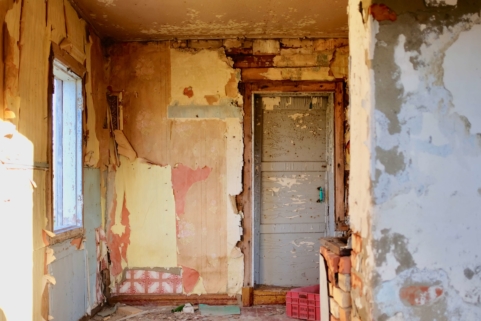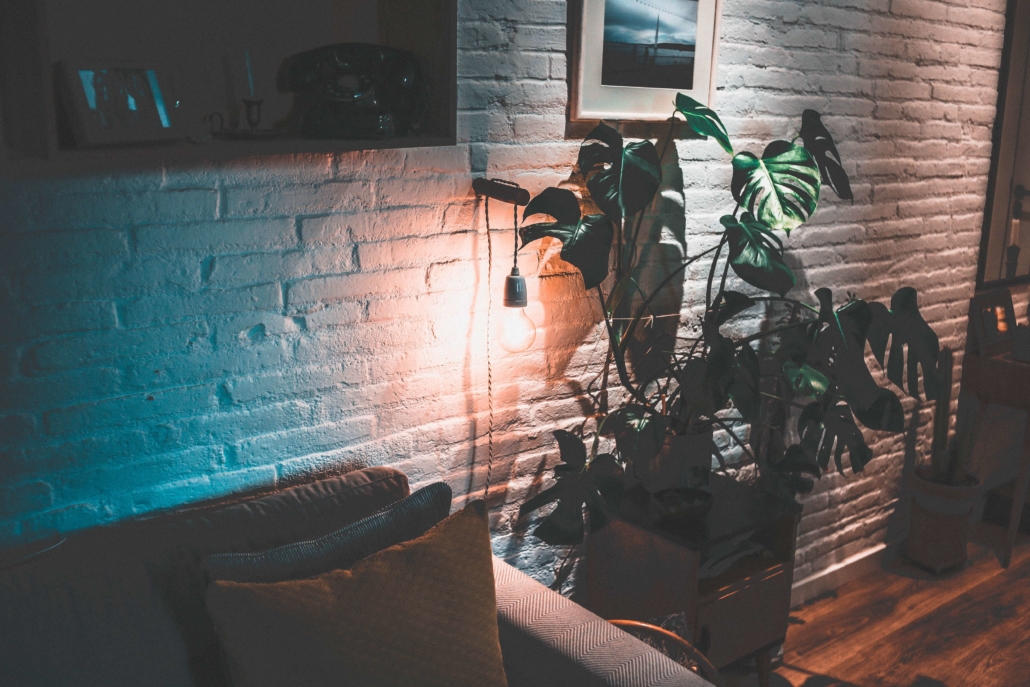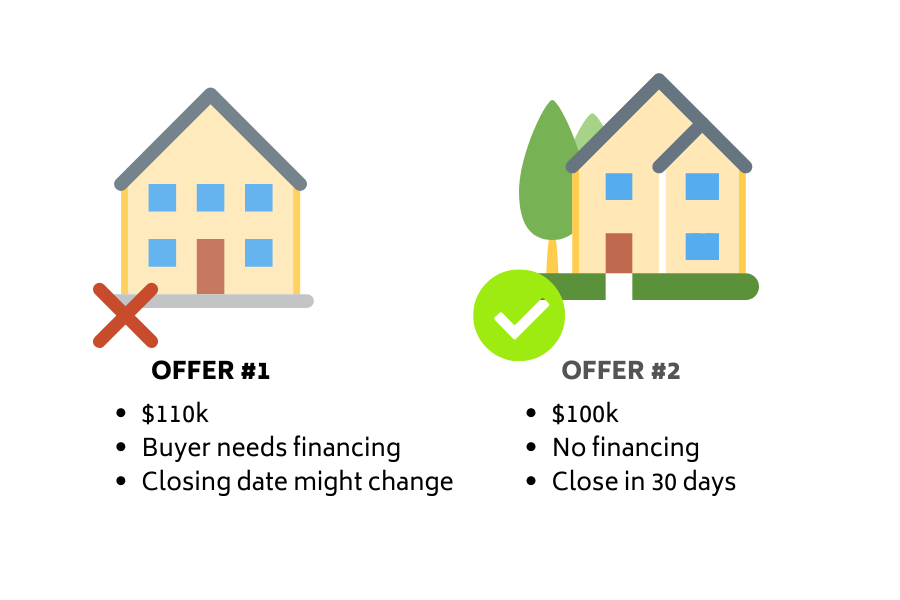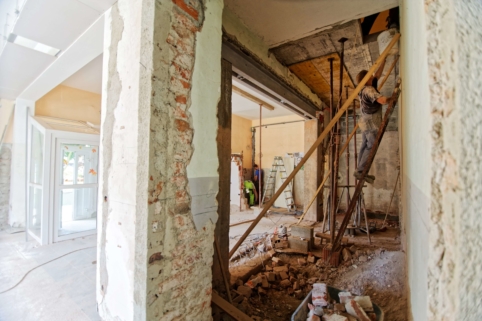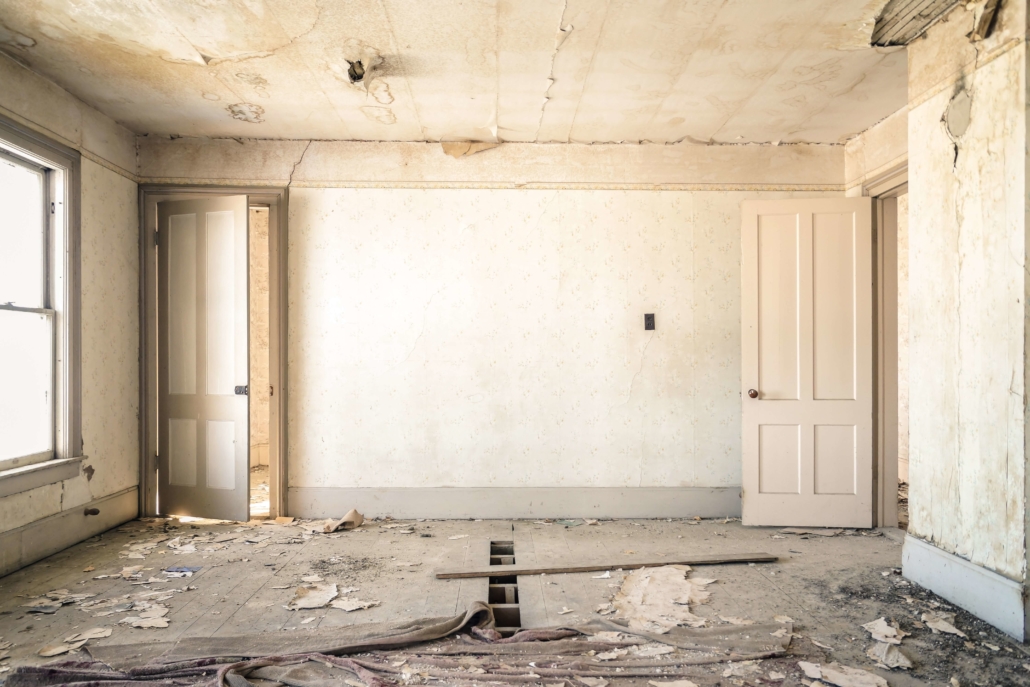5 Types of Easements That Every Homeowner Should Know
Did you ever cut through a neighbor’s yard as a kid? You knew you weren’t supposed to be on their property, but it was so much easier to sneak through their yard than to walk all the way around.
Most homeowners (understandably) don’t want unexpected guests on their property, and they certainly don’t want anyone messing with their home or yard. But in the case of easements, homeowners don’t really have a choice.
What is an easement?
An easement is the right that someone has to use someone’s land for a specific, legal purpose. For example, your home might sit on top of some pipes that are used by the municipal water company. If something happens to those pipes, the company has every right to tear up your land to fix them, even though you technically own the land that they’re on.
A few things to note:
- When your property passes over to the next owner, the same easement rules apply.
- If companies reach out to you for an easement, they’ll likely offer to pay for disrupting your land.
- If you don’t want them to use your land and they don’t back down, the case could end up in court.
- Companies will most likely fix (or pay someone to fix) any land disruption as needed.
The 5 Types of Easements
There are several types of easements that exist. Whether you’re a current homeowner who hasn’t dealt with this yet or a potential first-time homebuyer, it’s good to know about each one.
Utility

Utility easements are the most common. Gas lines, electric lines, drain and water pipes stretch all across the country like a subway system. It’s pretty common for people to own a property with a utility easement.
A company might also request access to your land solely to drive to their location. For example, you might live next to a plot of land with a gas line beneath it, and the easiest way to get to it is to drive over your property. In this instance, someone from the gas company would likely survey and talk to you before it happens.
Necessity Easements
Sometimes companies need access to your land suddenly and without having anything in writing. For example, a gas line leak poses a safety threat and requires immediate fixing.
Right of Way

Sidewalks are the most common example of right of way easements. Even though a sidewalk is built on your land, an outside company has access to it. A company might need access to a line running beneath your sidewalk, or they simply might need to repave the entire block.
Private Easements
Property owners sometimes sell easements to other companies. As a modern example, some internet companies might come survey your land and hope to purchase an easement to lay a fiber optic cable. A renewable energy company might reach out to people with lots of land who are located in an ideal spot.
Keep in mind, if you sold a private easement to someone, it’s your responsibility to tell the next homeowners of your house that you did so.
Prescriptive Easement
A prescriptive easement is when someone needs access over another person’s land for a set period of time, usually for driving over their land.
If a person is driving over your land for some type of job or work and doesn’t have an easement set up with you, this is technically considered trespassing. Even someone who puts a fence over your boundary is trespassing, unless they have an easement. Prescriptive easements vary in length from state to state, but usually last for 10 or 20 years.
How do I know if there are any easements on my property?
Call public officials or utility companies. Ask a utility company if there are any easements on your property, or contact city hall for county land records for more information.
Ask before you buy. Find out from the sellers if they have any easements, or check with building contractors or land sellers if you’re planning to build.
Know that you might be subject to an easement of necessity. Even if you don’t have any easements on your property, someone might have a right to it at some point if it’s out of necessity.
No matter where you’re at in your buying (or selling) journey, gaining knowledge on easements is definitely an asset. While easements can be an inconvenience, they are oftentimes a necessity to helping life function as normal.


